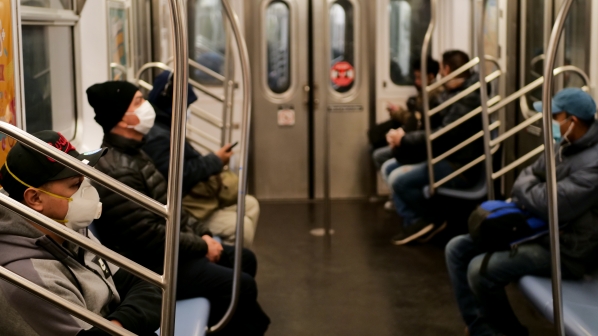The bill is combined with a $US 1.4 trillion omnibus spending bill that will fund the US government for the rest of the fiscal year. The package is the second largest emergency relief bill in US history, behind the $US 1.8 trillion relief package approved in March, and is now due to be signed by president Donald Trump.
While not all details of the 5593-page bill have been released, The Washington Post reports that it will include $US 45bn for transport. This includes the $US 14bn for transit; $US 1bn for Amtrak; $US 2bn for the private bus, school bus and ferry industries; $US 10bn for state highways; $US 15bn for airline payroll support; $US 1bn for airline contractor payrolls; and $US 2bn for airports and airport concessionaires.
The bill also includes annual appropriations of almost $US 13bn for public transit, a $US 47m increase from the 2020 financial year.
Washington Metropolitan Area Transit Authority (WMATA) will receive a portion of the $US 14bn for transit, and Senate democratic leader, Mr Chuck Schumer, said the package includes $US 4bn for the New York Metropolitan Transportation Authority (MTA).
“We are relieved and thankful to see congress pass another coronavirus relief bill that includes $US 4bn in federal relief for the MTA,” says MTA chairman and CEO, Mr Patrick Foye. “This crucial funding will allow us to get through 2021 without devastating service cuts and layoffs of over 9000 colleagues.
“To be clear, we are still facing a $US 8bn deficit in the years ahead, but this is a promising first step that will help protect the local, state and national economies in the short term. We hope any future bills will fully offset the impact of the pandemic as there can be no recovery without a strong public transportation system serving as the engine for progress.”
“This $US 14bn of desperately needed emergency transit funding is vital to the industry’s survival and is a much-needed immediate step in bolstering an industry ravaged by the coronavirus pandemic,” says American Public Transportation Association (Apta) president and CEO, Mr Paul Skoutelas.
“The proposed legislation is a critical step in supporting public transit agencies so they can survive and help our communities and nation recover from the economic fallout of the pandemic. However, this legislation is just one important step. Apta and the public transportation industry will continue to advocate for additional emergency funding in the new year, with at least $US 32bn needed to serve essential workers and help our communities recover.”

